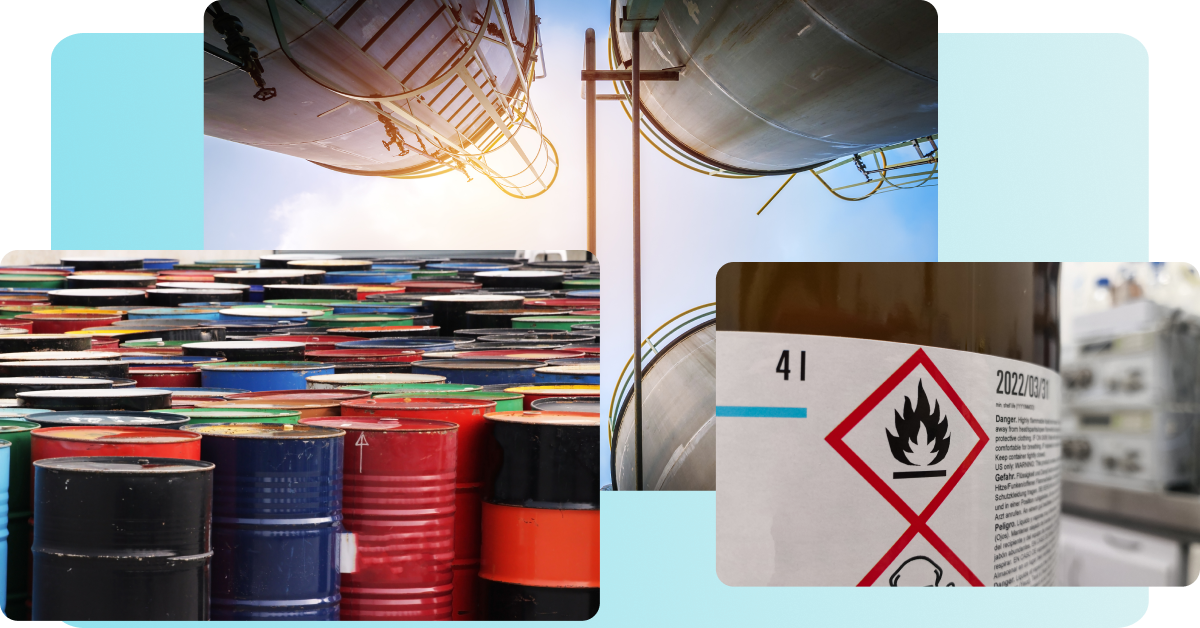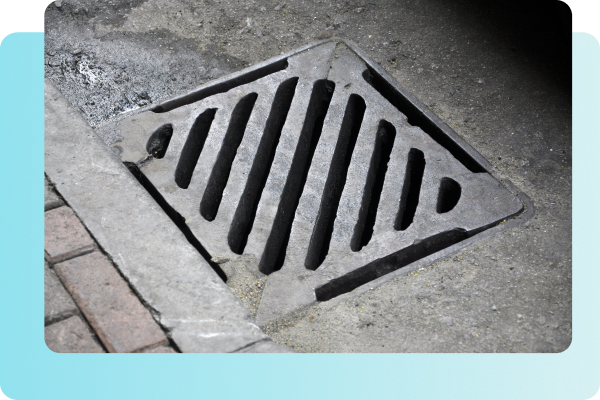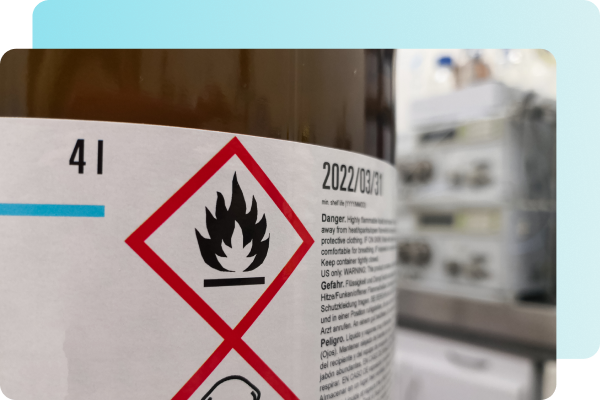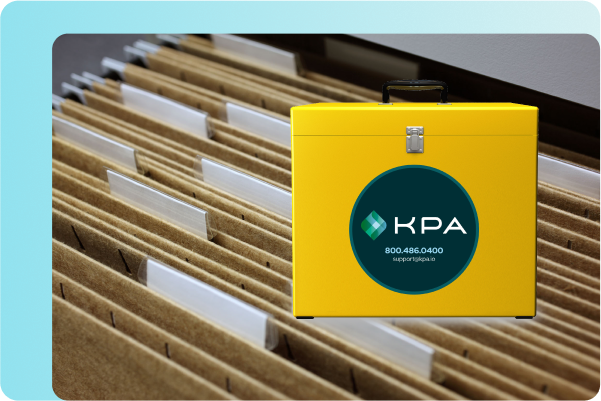Environmental Risk Management Services
KPA offers environmental risk management services to assist you in managing chemicals and hazardous waste at your facilities. We help you document procedural compliance and provide guidance on minimizing waste generation and appropriately managing and disposing of wastes. Our compliance inspections, plan development, and permitting assistance will help you resolve your environmental compliance challenges.

KPA Plan Development and Permitting Services:
KPA’s Facility Compliance Inspections and Loss Control Audits include a review of waste stream documentation and disposal practice. They will validate the facility’s EPA ID number and registration to ensure hazardous waste can be tracked from its point of generation to its ultimate disposal. Additionally, your local consultant will provide expert guidance on required plans and permits for facilities to comply with applicable state and federal state law.
- Spill Plan Control and Countermeasure Plans (SPCC)
- Storm Water Pollution Prevention Plans (SWP#3)
- Tier II Reporting
- Underground Storage Tank Audits and Permitting
- 6H NESHAP Program
- California CERS Business Plan


Spill Prevention, Control, and Countermeasure Plans
If your facility handles oil, including storing, using, and transferring oil, and there is a reasonable expectation that an oil spill may reach navigable waters of the United States, you may need a Spill Prevention Control and Countermeasure (SPCC) Plan per the SPCC Rule. If your site has the potential to store more than 1,320 gallons of oil (approximately 32 barrels of oil) in aboveground containers, then the SPCC Rule may apply to your facility.
When you need SPCC Plans, KPA can help. KPA can prepare plans that meet 40 CFR 112 regulations and are cost-effective for your business, identifying those sites that require SPCC plans and which sites do not require a plan. Plans are generally valid for five years before a review and renewal are necessary, and clients using our EHS software can track renewal dates online. KPA’s Facility Compliance Inspections and Loss Control Audit services assist clients with fulfilling the required annual training and inspections.
Stormwater Pollution Prevention Plans
Stormwater pollution permit requirements are complex as each site may require permits at the local municipality, state, and federal levels. While requirements may vary, your Stormwater Pollution Prevention Plans require analysis of potential pollutants, the actions taken to mitigate the chance of pollutants spilling out of the site, and documentation on your inspection program to track the effectiveness.
KPA can design site-specific plans for your company in compliance with local, state, and federal requirements. KPA assists in conducting the necessary stormwater sampling, analysis, and filing requirements. Your local consultant can act as a liaison to local, state, and federal regulatory agencies. Plans are prepared by Qualified Industrial Stormwater Practitioners (QISP). KPA’s Facility Compliance Inspections and Loss Control Audit services assist clients with fulfilling required training and inspections.


Chemical List Sourcing and Safety Data Sheets
During the initial facility inspection, KPA’s consultants will develop a list of all hazardous substances and chemicals used at your facility. Your chemical list and associated SDSes will be stored online in Vera EHS, so they are easily accessible by your team. You can update your SDS library as you add more hazardous substances and chemicals.
Record Keeping
The success or failure of regulatory inspections often falls on how well a company’s managed its safety and environmental recordkeeping. For all the benefits EHS software provides, some data is just easier to store in paper format. Take hazardous waste manifests or PPE fit testing documentation as examples. KPA customers consistently rely on their consultants to provide EHS documentation best practices that keep their organizations out of regulators’ crosshairs.
When companies have a strong record keeping process, regulatory inspectors have one location for the documentation they may be looking for. For many regulators, organized and up-to-date compliance documentation will prompt a less stringent facility inspection.
